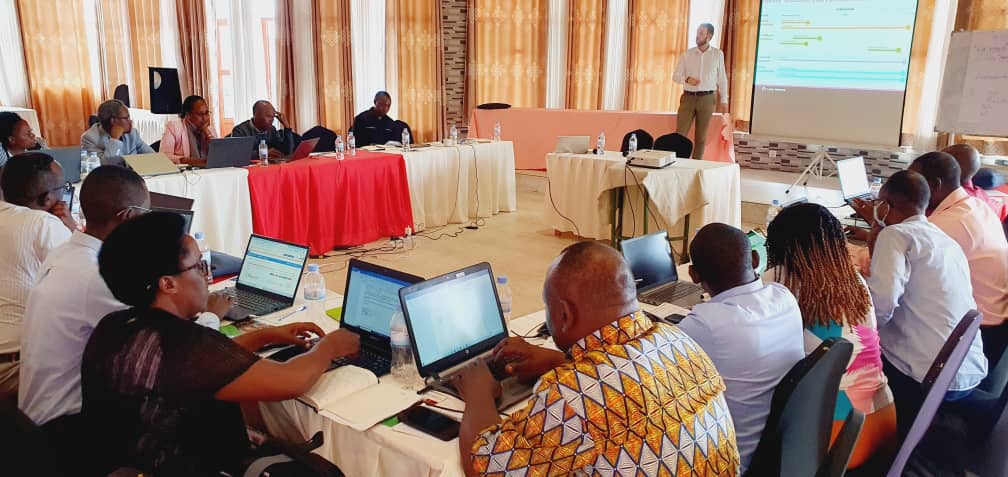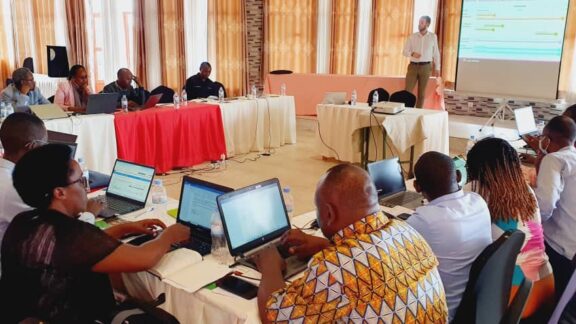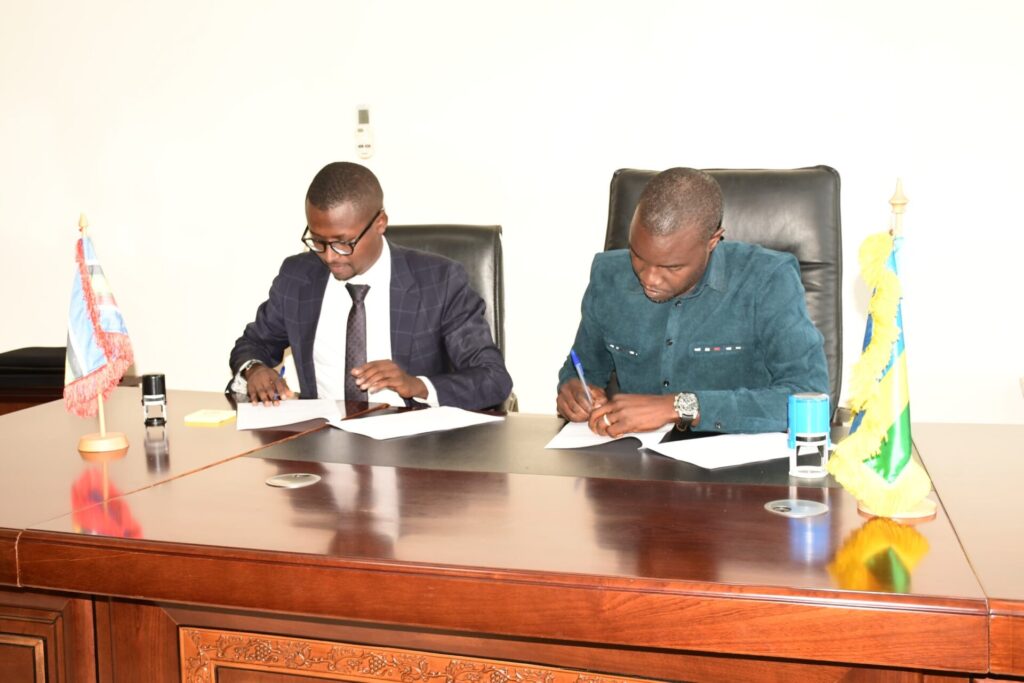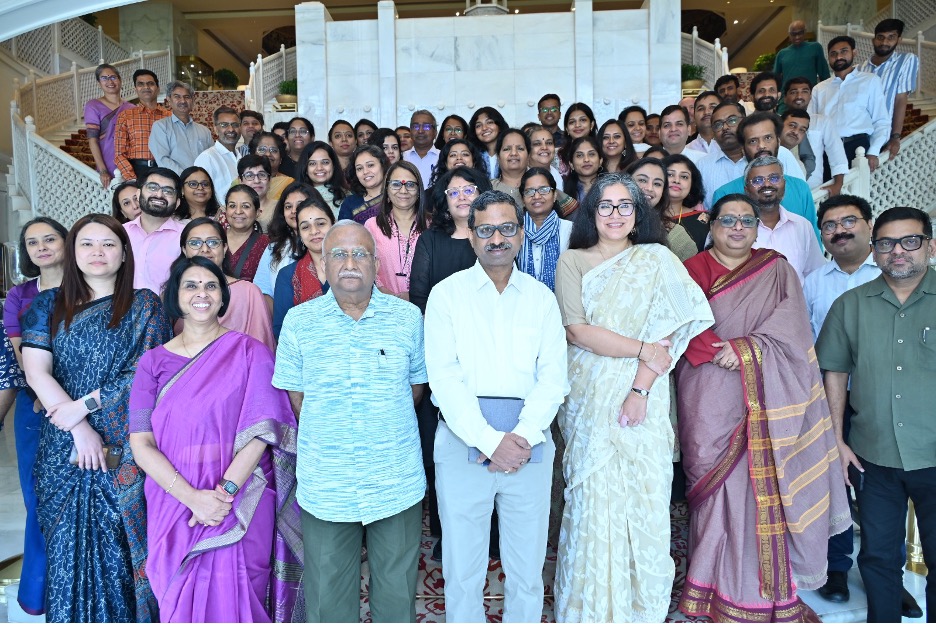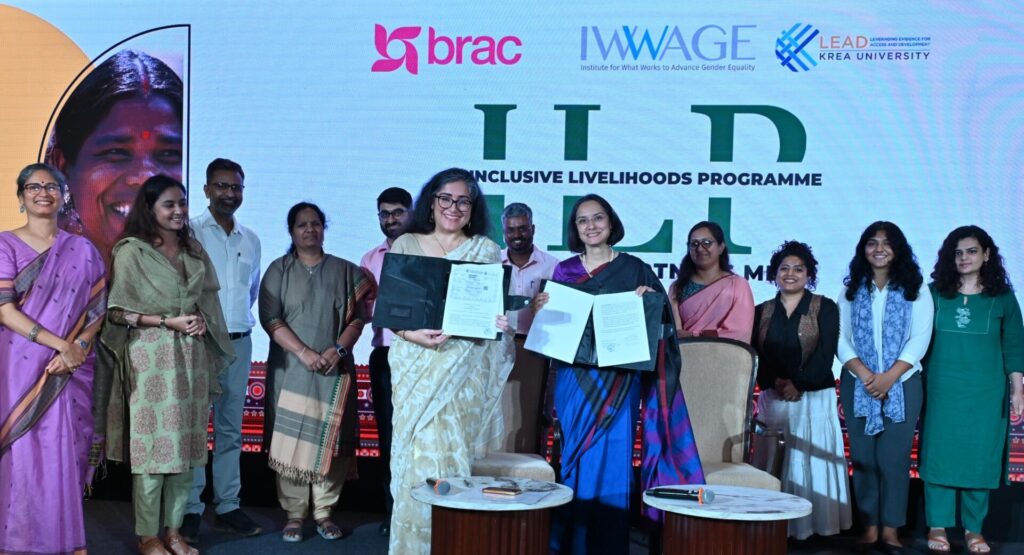By Christophe Ndahimana (Rwanda Program Manager), Martin Ruzima (Rwanda Senior MEL and Research Analyst), and Courtney Calardo (Head of Communications)
Rwanda’s Ministry of Local Government (MINALOC) recently hosted five workshops, one workshop for each province and the City of Kigali, to develop the capacity of district staff in all 30 districts on implementing and expanding the Graduation approach to empower people in more than 900,000 households to develop sustainable livelihoods and build a pathway out of extreme poverty. In total, around 80 district staff members participated in the workshops. This effort is part of the Memorandum of Understanding (MoU) between BRAC InternationaI and MINALOC to support the implementation of the National Strategy for Sustainable Graduation (NSSG) and the Government of Rwanda’s (GoR) broader efforts to eradicate extreme poverty by 2030.
To oversee the work on the NSSG, MINALOC established a national Secretariat fostering coordination and alignment with 12 ministries and dozens of development partners in a whole-of-government approach to reducing extreme poverty through delivering a high-quality Graduation programme across Rwanda.
Representatives from MINALOC, Local Administrative Entities Development Agency (LODA), and BRAC International came together to discuss the importance of Graduation being a time-bound, sequenced intervention, and adaptive. More than two dozen rigorous evaluations demonstrate these elements are critical for the success of Graduation programmes in enabling people to build long-term trajectories out of extreme poverty. To this effect, the workshops focused on combining social protection and livelihood elements to fit the needed sequence.
Attendees also collaborated on a stakeholder mapping exercise to identify the organisations best positioned to support the expansion of Graduation and ensure systematic targeting of graduation participants, strategic coordination and sequencing of interventions.
In addition to the five provincial workshops, the national Secretariat supported two other workshops focusing on the dissemination of the Graduation strategy and the newly launched social registry, also organized by MINALOC.
“We laud MINALOC’s leadership in a more comprehensive and coordinated poverty alleviation approach,” said Jean-Claude Muhire, Rwanda Program Director for UPGI. “We are happy to serve as a partner in advancing the Government’s efforts to accelerate the reduction of poverty and support the Secretariat, fueled by the belief that multisectoral and interministerial coordination can play a critical role in driving more effective development.”
Governments like Rwanda are central to our efforts to scale the Graduation approach and make long-term gains on extreme poverty reduction. They have the mandate, the infrastructure, and the established systems to transform the lives of their most vulnerable people, as well as the ability to coordinate investments to tackle extreme poverty across ministries, stakeholders, policies, and programmes.
The Government’s commitment to achieving greater and more long-term impact for poverty reduction through Graduation-style programmes leaves us confident that we can shift the way we do development and work together more effectively to enable millions more people to create long-term pathways out of extreme poverty.

